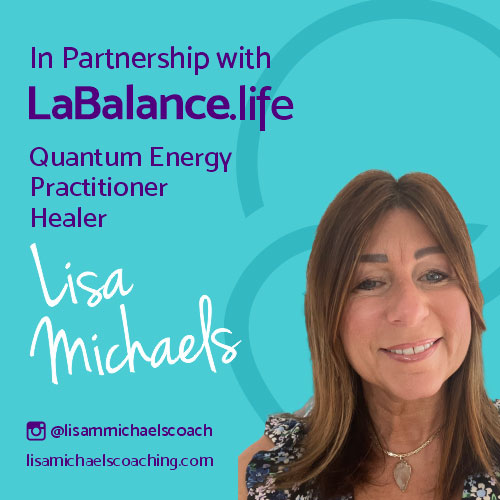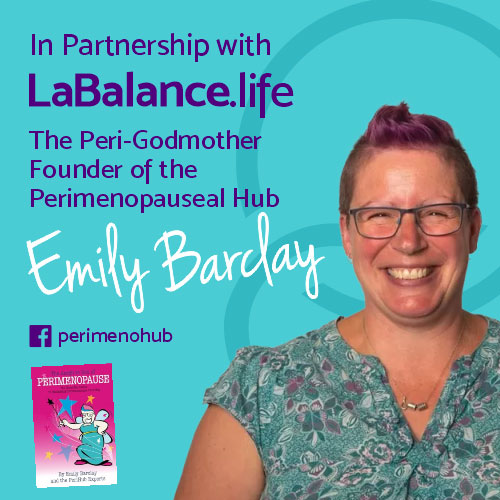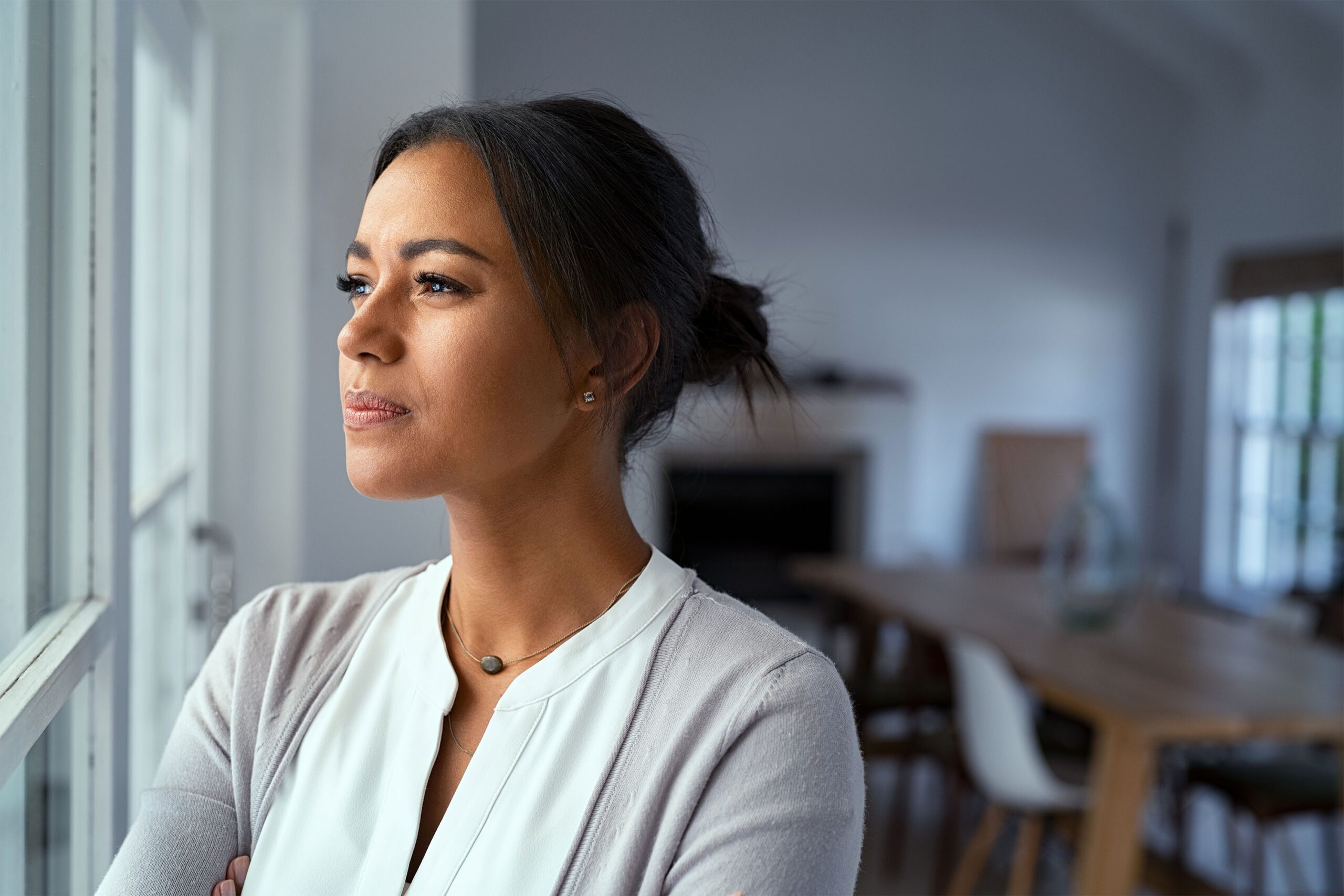Menopause is a natural part of life for women. Usually beginning between the ages of 45 and 55, menopause will begin to affect you when your hormone levels start to lower. You reach menopause when you have not had a period in 12 months. While it is a natural process, it brings with it a range of symptoms that can be irritating to painful, depending on the severity.
Luckily there is plenty of help available for those who need menopause help. Here is where you should turn to when you need it.
Perimenopause & Menopausal Transition
Menopause is not a disease or disorder, but a normal part of ageing in women. It marks a period where they no longer have to worry about getting pregnant or having to deal with painful periods. Sometimes this transition is smooth and relatively painless, but for others, it can be a worrying time to work through.
Menopause does not just suddenly happen, with perimenopause occurring sometimes several years beforehand. During this period, the ovaries will begin to make less oestrogen and it ends when the ovaries stop releasing eggs. Perimenopause usually starts in a woman’s 40s but can start even earlier than this. Surgeries such as oophorectomies and hysterectomies, cancer treatments and genetic reasons can lead to perimenopause and menopause triggering earlier. Sometimes the reason for it beginning early is unknown, and it simply happens.
The average length of perimenopause is around 4 years but this can be much shorter or much longer depending on the woman. The signs of perimenopause include hot flashes, breast tenderness, fatigue, vaginal dryness, irregular periods and mood swings. A lot of these are also encountered during menopause.
Irregular periods are common during perimenopause, but if you have heavy flows, bloody clots, spotting or your periods are lasting several days longer than usual, it may be best to see a doctor.
Symptoms Of Menopause
There are quite a few symptoms of menopause that can cause both physical and psychological pain. As mentioned previously the first sign is probably irregular periods, and eventually, you’ll stop having periods altogether. There is a range of physical symptoms you could go through during menopause, such as hot flushes. This is where you have sudden feelings of hot or cold in your face, neck or chest, which can make you flustered or dizzy.
Palpitations, headaches, migraines, muscle aches and joint pains can also affect you. You may also have difficulty sleeping, which could be a result of the other symptoms or night sweats caused by hot flushes while you sleep. This can lead you to be tired and irritable throughout the day, which can make other symptoms seem worse. Final physical symptoms can include vaginal dryness and pain, recurrent UTIs, reduced sex drive and weight gain.
Moving onto mental health symptoms, perimenopause and menopause can lead to problems with memory or concentration, commonly referred to as brain fog. The other most common symptoms are to do with mood. This can include anxiety, mood swings and low self-esteem.
What To Do To Help With Menopause
Menopause symptoms can feel different for everybody, so some women find it difficult to seek out help. However these symptoms can have a big impact on your daily life, so it is always best to talk to someone if you are suffering. These symptoms can last for months or years and even change over time. Just because one symptom is over, doesn’t mean another will not soon begin.
Here are a few strategies that may help you to cope with the symptoms of menopause
Lifestyle Changes
Mental and physical well-being is important at all stages of life but can be particularly helpful when going through perimenopause or menopause. Try to get plenty of rest, especially if you are suffering from symptoms that might try and prevent this. Going to bed earlier can help, and sleeping in a bit more if possible will be a great benefit to you.
Try to eat a balanced diet, focusing on calcium-rich food that will help to keep your bones healthy. Exercising regularly will also help. If your symptoms are too painful to exercise, try to do less stress-inducing activities that still count as exercise, such as walking or relaxing activities such as yoga and tai chi.
Two things that it is suggested not to do while going through menopause is smoking and drinking more than the recommended alcohol limit. This can make your mental and physical symptoms worse. Mood changes are one of the biggest symptoms encountered, and getting plenty of rest and exercising regularly are the best ones to ease these.
Chat With Women In Similar Situations
While symptoms can manifest themselves differently in each person, most women will have suffered from at least a few of them during perimenopause or menopause. It can feel beneficial when going through menopause to talk to others in a similar situation. People relating to what you’re going through can be a great benefit to the mental side of menopause and make you feel like you are less alone.
If you have friends around your age, don’t be afraid to talk about menopause with them, or if you don’t you can find online or in-person support groups for women going through menopause.
See A Doctor
If your menopause symptoms are particularly bad and you feel you need support, it may be beneficial to see a doctor to discuss your situation. They can talk to you frankly about your symptoms and whether they think they are extreme or not. It may be a comfort to hear a medical professional say what you’re going through is normal, or they may be able to recommend treatments that may help if they believe your symptoms are on the extreme side.
One thing they might recommend is cognitive behavioural therapy (CBT). This is a type of talking therapy that has been known to help with sleep problems, low mood and anxious feelings.
Combat Hot Flushes
Hot flushes are one of the most common symptoms of menopause and can leave you feeling disorientated and uncomfortable. Here are a few ways to combat hot flushes so they do not feel so bad. Try to wear light clothing if possible, and keep your house as cool as possible, especially at night. Night sweats can be hard to avoid but leave you feeling tired and miserable.
You should also try to avoid or reduce any potential triggers, such as stressful situations, spicy food, hot drinks and alcohol.
Treatments
While most people live with the symptoms, some will combat menopause with treatments. The main medicine treatment for menopause and perimenopause is hormone replacement therapy (HRT). HRT is used to replace hormones that are at low levels and is a safe and effective treatment. It uses oestrogen to replace your body’s own levels. This can be in the form of skin patches, a gel, implants and tablets.
If you have a womb, you will also need to take progesterone to protect your womb lining from the effects of oestrogen. Progesterone can come in the form of IUS, tablets and patches. HRT can relieve most symptoms, typically within weeks or months of starting the treatment. The risks of HRT are very small, and your doctor will usually run through all of these with you.
Herbal remedies like red clover and black cohosh, are not recommended for symptoms of menopause as there is no solid proof that they work. However, some alternative treatments have proven effective by customers who buy them, whether this is a genuine reaction or a placebo effect.
Safe Menopause Treatment From Sassy La Femme
While other treatments and the above help can be great when going through menopause, Sassy La Femme offers a hormone-free alternative menopause treatment that can be used as a therapy against menstrual and menopausal symptoms. Our LaBalance therapy device uses magnetic therapy to help ease symptoms of menopause.
Magnetic therapy has been used for thousands of years to relieve pain, and it is believed that magnetism can restore equilibrium to the Autonomic Nervous System. LaBalance is a unique product, made up of a series of very powerful magnets that you wear 24/7 that our customers agree can help to ease the symptoms of menopause.
If you’d like to find out more about our product or purchase your LaBalance, get in touch today.




